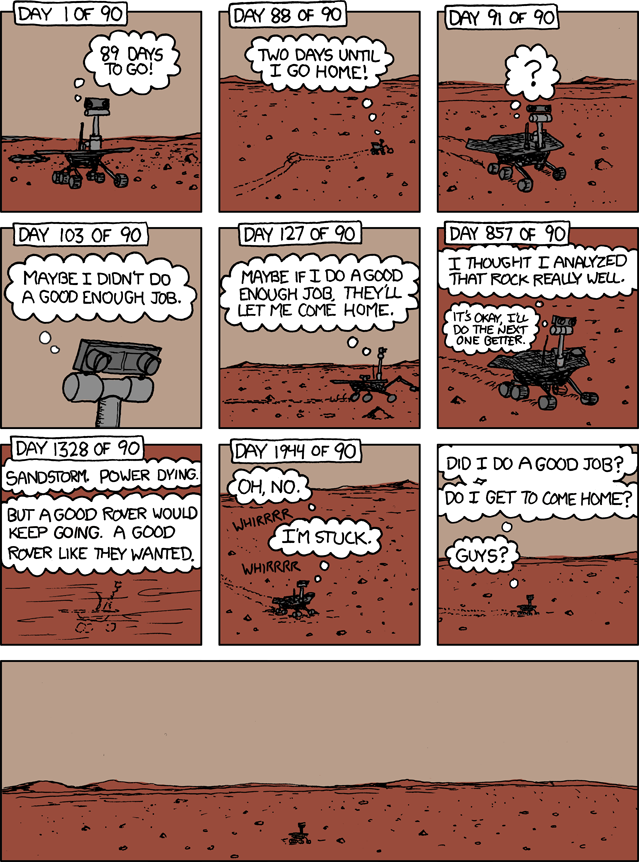You may recall that last time I wrote here was Thursday, and I’d been having a pretty good week.
The Universe seeks balance, it seems: after dinner on Thursday it became abundantly and damply clear that my refrigerator had concluded that keeping things cold was far too much work and it just couldn’t be bothered.
I can now tell you where to buy a chest freezer at 10pm on Thursday, should you ever need that information.
Friday morning I spent some time looking at new refrigerators online, but that really wasn’t what I wanted to do with my raise. So I asked Google, font of all wisdom (anyone remember the Usenet Oracle?).
“Oh great and wonderful Google,” I typed, “my refrigerator is doing this and such and so and so. Am I screwed?”
And Google replied, “It’s probably this $50 part. Here’s how you tell, and here’s how you use a multimeter to check the compressor. If the compressor is bad, you are well and truly screwed, but the other part is a five-minute repair.”
I liked what Google told me, so I pulled the fridge out and took the back off. Sure enough, the start relay was bad. (Diagnosis: unplug it. Shake. If it rattles, it’s dead.) Even better, the compressor wasn’t.
Through the good offices of Home Depot’s online parts department and overnight FedEx, I had a working refrigerator by 11am Saturday.

That’s the culprit over there on the right.
Apparently this is a very common failure point, and it’s an easy fix if you’re willing to take the back off the fridge and give it a try.
Somehow all the coolers and ice and throwing things away (not much at all, just the fresh dairy nd mayo) and replacing them ad such ate up my weekend, and the internet was down so I couldn’t even participate in the writer hangout on Sunday. But I buckled down yesterday evening and got two stories submitted and a few words on the story in progress. I’ve been neglecting fiction in favor of things with more urgent deadlines since March or so, but everything is slowly calming down. Except for sudden refrigerator death, but how do you plan for that?





